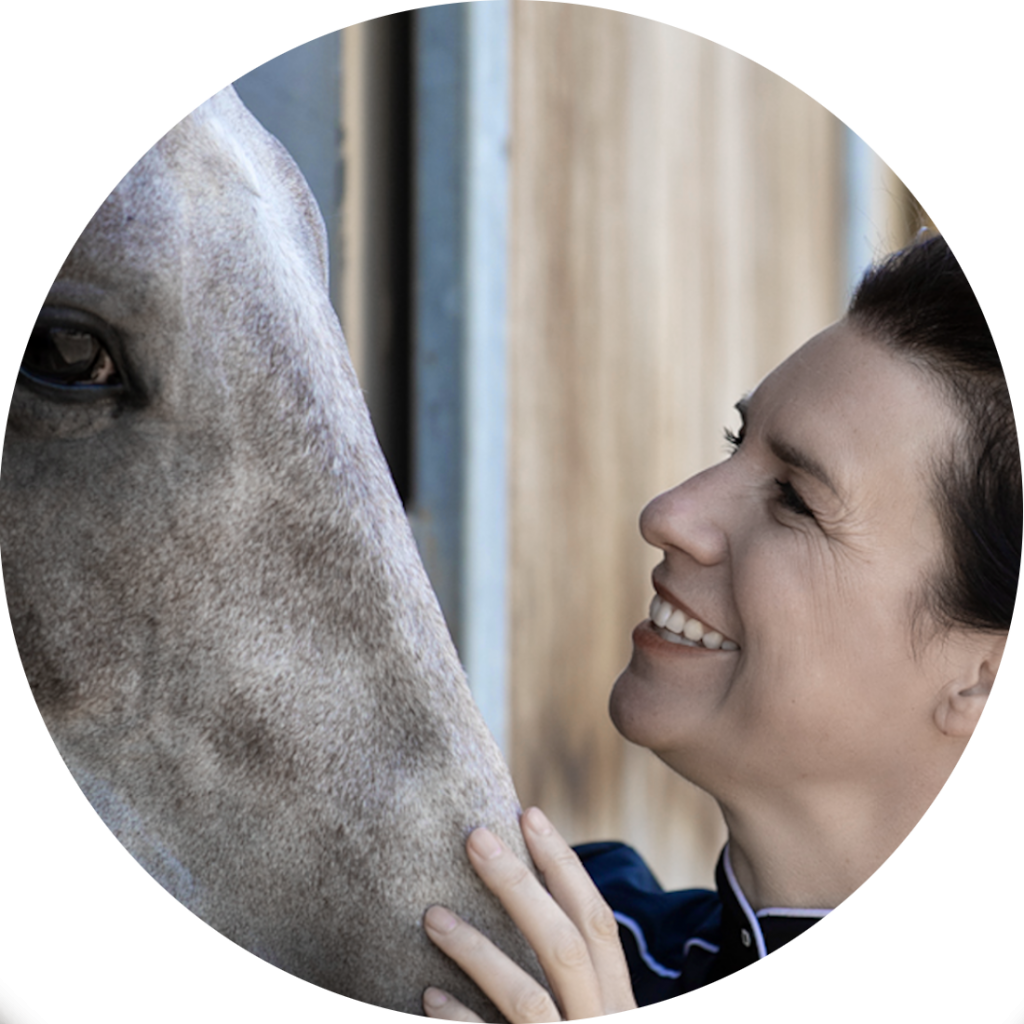🔖 PRESENTATION
Paper (parallel)
📆 DATE
Friday 10 Sep 2021
⏰ MELBOURNE TIME
11.00 am - 1.00 pm
⏰ LOCAL START TIME
time start

Dr Clare Harding
Cofounder, Equiano, Australia
Clare’s career includes leadership and NED roles in the corporate, government, non-profit and start-up sectors. A Rhodes Scholar with a DPhil from Oxford University, she has worked as a consultant with McKinsey; as COO of the Melbourne Accelerator Program at the University of Melbourne (overseeing its ranking of 8th best in the world); co-founded a social enterprise that launched Australia’s first green transport and logistics company; co-founded a social impact consulting firm; and has worked as a counsellor with sexual violence survivors. An experienced facilitator, Clare has longstanding interest in the role that EQ plays in individual and organisational effectiveness. And she believes in the magic of horses – her childhood love affair was with a farting but adorable pony in New Zealand who taught her to ride tall and dream big.
⏰ DURATION
120 minutes
On the outsides of horses and the insides of men: can equine experiential learning fast-track self-awareness, and help us become better leaders and co-workers?
Churchill famously claimed that ‘the outside of a horse is good for the inside of a man.’ This paper explores that promise through the observations of practitioners who run an Equine Experiential Learning (EEL) business outside Melbourne, Australia. EEL – which shares common roots with the therapeutic field of Equine-Assisted Psychotherapy (EAP) and the Gestalt-based Equine-Assisted Learning (EAL), but differs from them in key respects – is under-researched. This paper argues that it holds potential as a research topic and as a formidable workplace intervention to bring hidden individual, interpersonal, and team dynamics into the light.
The paper outlines the context in which demand is growing both for so-called ‘EQ’ skills and for experiential learning. It references global trends such as the rise of automation and the on-screen working life that the pandemic has intensified, and the attendant challenges and opportunities these trends pose to human and cultural factors such as empathetic leadership and the maintenance of trust in dispersed teams.
The paper then examines the singular role that horses can play in uncovering aspects of organisational dynamics such as empathy (and how we practice and enhance empathy) and trustworthiness (and how we build and maintain trust), along with numerous other social and emotional skills and characteristics.
Horses act as powerful bio-feedback and learning partners. Thanks to their evolutionary journey over millions of years, they offer a uniquely effective means for humans to gain insight into the impact of various aspects of our behaviour, including non-verbal communication, energy, and attention. Horses are at once prey animals, primed to sense danger and flee if threatened, as well as herd animals that seek safety in a group. They typically look for strong but gentle leadership.
By mastering our presence and body language and communicating the right balance of gentle strength that assures them they are safe with us, we can earn horses’ trust and they will readily allow us to lead them.
Learning how to establish this trusting relationship not only gives us remarkable insight into how we show up, our impact on others (be they horse or human), and where we sit, and why, in our human ‘herd’. This experience also allows us to practice and grow – live, and in the moment – with the horses’ immediate, judgment-free feedback.
The authors offer insights from particular case studies and client interactions that highlight the immediacy and power with which horses can help their human partners arrive at aha moments about their own and their team’s behaviour – ‘embodied insights’ that integrate intellectual, emotional, and physical learning. Workshop participants consistently report feeling profoundly affected by the learning experience.
The paper puts forward some hypotheses about why this experience is so impactful for so many, while drawing out gaps in understanding around how the learning happens, the role of the facilitator, ideal conditions for reflection, and what the longer-term behaviour and culture change implications might be. Ultimately the authors suggest that although Equine Experiential Learning is still an emerging body of practice, it is promising and warrants further study.
Day(s)
:
Hour(s)
:
Minute(s)
:
Second(s)
Session schedule
5 MINS
Introduction
30 MINS
Paper presentation
20 MINS
Small group discussion; impressions of the paper and developing questions for the presenter
20 MINS
Discussion forum with the presenter; moderated for the speaker to elaborate their ideas
10 MINS
Discussion forum with the presenter; themes from the discussions
5 MINS
Break
30 MINS
Whole symposium open reflection discussion
Share this presentation!
Parallel Paper Presentations
The following are presenting at this time

DR CLARE HARDING
On the outsides of horses and the insides of men: can equine experiential learning fast-track self-awareness, and help us become better leaders and co-workers?

MS KRISTINA KARLSSON
Storm tossed but not submerged: developing individual and collective knowing through group holding environments in organisations during crises and beyond

